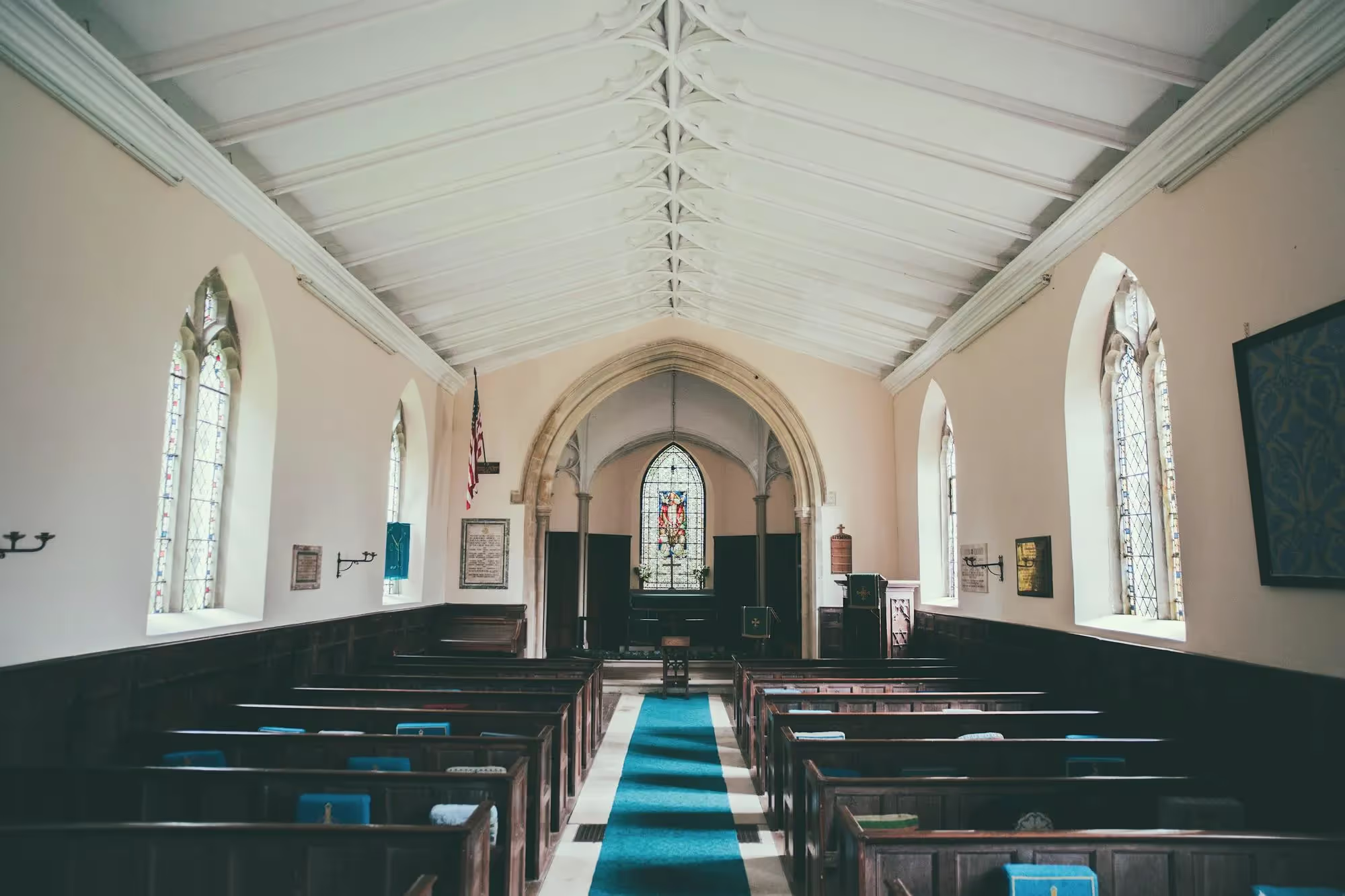Every Christian arrives at their beliefs with preconceived notions. We carry fears, opinions and images into our perspective. Early on, these ideas (both positive and negative) shape our interactions. We might push away from Christ, His followers, and their activities based on our past experience. Or, we could feel led to learn more, to draw closer and seek Jesus because of who we understand these people to be. And, while God can bring someone from a harsh negative opinion of the Church (take Paul for example) just as easily as he can bring someone who has seen the warm disposition of Jesus (take Peter for example) to faith, I believe Christians can always do a better job of removing those obstacles. We don’t have to be the source of someone else’s negative opinion of the Church.
So today, I thought I’d clear something up. I thought it would be worth tearing apart some of these preconceived notions. Let’s pull down the barriers and get back to the basics—if for no other reason than to make it easier for people to find Jesus. Let’s get straight to the point: The Church has had some bad PR. New and mature Christians alike have to deal with the rumours they’ve heard about the Church. They need to push aside the sand to reveal the gems. This information is important. It’s helpful. If it’s new to you, I hope it makes things easier. If you’ve heard it before, I hope it’s a helpful reminder.
Is the Church a Tradition?
No, the Church is not a tradition, it’s not traditional, and it’s not a denomination.
In fact, some of your favourite things—the ones you’ve come to associate with the Church—are not actually part of the Biblical definition of “the Church.” That doesn’t mean those things are bad (although it doesn’t imply that they are inherently good either), it just means they aren’t a necessary component of the subject. Let me give you an example. I am part of a family. My family has lots of traditions. Every Christmas we take a picture together at the top of my parents’ staircase. Now, this tradition is great, but it isn’t a necessary component of my family. If we missed the picture one year, we would still be a family. If my parents moved away and we couldn’t take that picture anymore, we would still be a family. So, you can see, tradition and family aren’t inherently connected. It’s the same thing with the Church and tradition. Before we move on, I will say that there are some traditions (Baptism and Communion) that are inherently Biblical and identify the presence of the Church. If you see these traditions in action, you can be sure the Church is nearby.

Is the Church a Self-Help Program?
Kind of, but not really.
It’s easy to believe that the Church exists to support, train and grow my relationship with Christ. And, it does. But, don’t forget all those benefits also exist for the benefit of everyone else! Inwardly focused Christians do a disservice to the very thing they love and enjoy when their desire to be served by the Church overrides their desire for the Church to serve others. That can be a serious problem. We should always remain flexible enough to allow others into the Church. We should stretch in any way we can (other than what the Bible describes as sin) to welcome people into God’s family.
Is the Church a Source of Entertainment?
This is an easy one, No. Definitely not.
We live in time of unfortunate paradox: In your hand you have the ability to hear from the best speakers in the world, to listen to the greatest musicians, to view the best videos and, at the same time, compare your pastor, your musicians and your volunteers to these unrealistic standards. We’ve limited our appreciation for the servants who have been called to our cities. We’ve limited our appreciation for those people who give up their extra time—from family and career—to set up tables, to make meals, and to share the Gospel. Expecting the Church to be a source of entertainment, as such, is unrealistic and un-Biblical.

Is the Church a Building?
No, the Church is not a building.
I wish this point was more obvious. But, unfortunately, it might be the most semantically confusing dynamic related to the subject. In the early days, the Church met wherever they could (mostly in houses). When they were persecuted, they hid from public places. The word “Church” only began to be associated with a building when the Roman Emperor decided to adopt Christianity. Under his watch, the Church became popular and they received many of the traditions we hold today—as well as buildings to meet in. Still, we should remember: the Church existed before we had buildings and it can survive without them.
Is the Church a Family?
Most definitely.
Jesus once said,
“For ‘whoever’ does the will of my Father in heaven is my brother and sister and mother." - Matthew 12:50
If you have given your life to Christ, if you want to see God change the world and if you follow Him in obedience, you are part of His family. That’s exciting news! You get to share in the love and care our Father offers. You get a whole bunch of new siblings. And, as crazy as they may be at times, their support and compassion is inexhaustible. You’ll eat together, pray together, worship together and (most importantly) share eternity together.

Is the Church Important?
The Church is extremely important. I can’t emphasize it enough.
1st Corinthians 12:12, 13 says: “we were all baptized into one body.” The Church is the Body of Christ at work. We get to use our unique gifts to participate in a masterpiece—God orchestrating the salvation, redemption, and restoration of the world. Our privilege is to serve Him in whatever capacity we are enabled. The Church is also described as a Bride (Ephesians 5:22–33). That means we are cherished by Jesus Christ—the way a man cherishes his wife. God is full of adoration for the Church. And, if He thinks the Church is that important, why shouldn’t we? Our privilege is to enjoy the light of God’s salvation and our fellowship together (1st John 1:7). We Christians sure are a lucky bunch of misfits.





